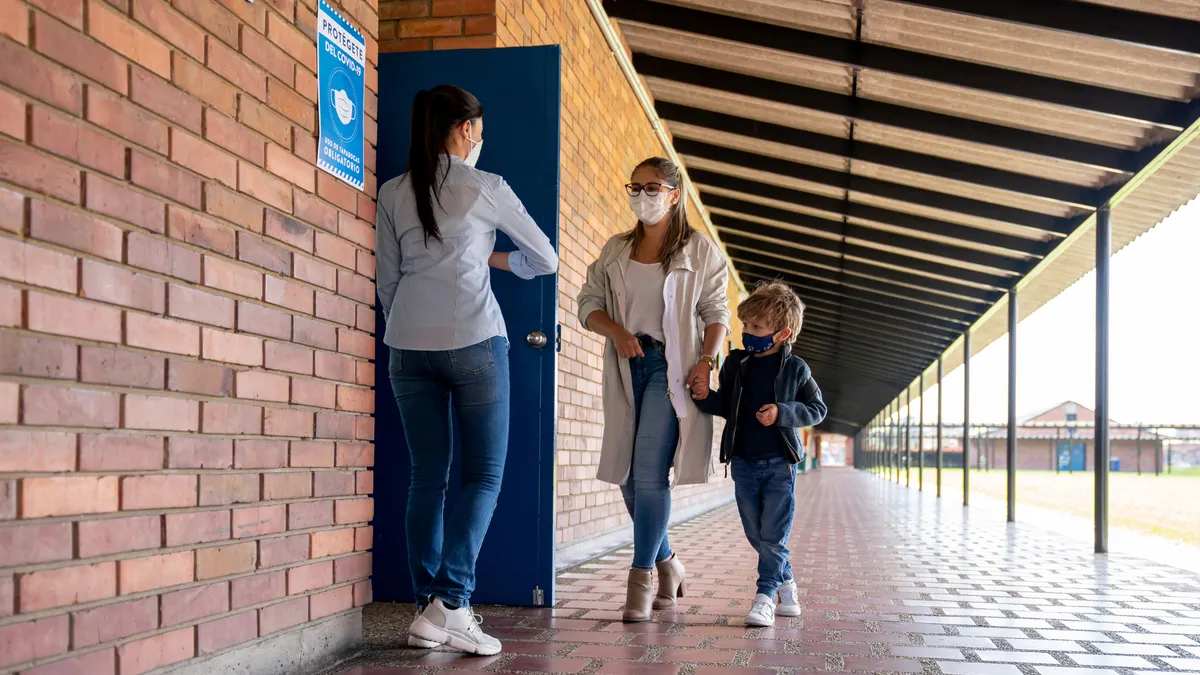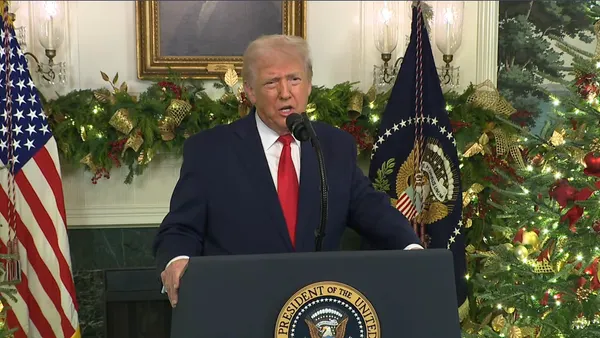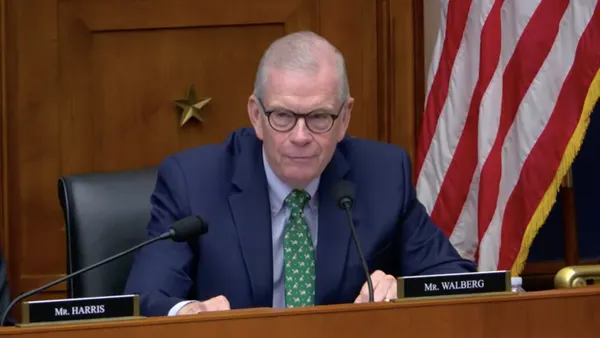Dive Brief:
- Over half (53.7%) of parents say they have considered or are considering enrolling their child in a new school, according to a newly released National School Choice Awareness Foundation survey of 3,820 parents with school-aged children. Still, 67.9% said they were largely satisfied with their children's school.
- Black, Hispanic and young millennial parents were more likely to think about changing their child’s school than were White or older parents, the survey found. For instance, 64.5% of Black parents and 64.6% of Hispanic parents said they’ve considered a change, compared to 46.2% of White parents.
- In considering education options for their children, 45.6% of parents said they mulled over traditional public schools in their neighborhoods, and 38.2% weighed putting their children in a public school outside their zone or district. The options considered by parents go on: public charter schools (31.5%), private or religious schools (29.1%), homeschooling (22.9%), full-time virtual instruction (20.8%), or microschooling or learning pods (4%).
Dive Insight:
A noticeable portion of surveyed parents are considering nonpublic school options for their children at a time when the National Center for Education Statistics projects nationwide public school enrollment to drop by 4% — from 49.4 million to 47.3 million students — between fall 2020 and fall 2030.
The survey further found 64.7% of parents said they “wish they had more information about the schooling options available" for their children. Additionally, 48.1% of parents said their community does not provide enough education options for families. The survey was conducted Jan. 3-6.
Perhaps parents will have more choices within their communities in years to come, as the school choice movement has gained some momentum recently.
At the onset of 2022, state policymakers increasingly eyed expanding school choice legislation by adopting broader student eligibility requirements for voucher and tax credit scholarships. Legislators also considered increasing funding for existing private school choice programs.
Later in 2022, Arizona passed one of the most expansive school choice laws in the U.S. Despite attempts to stop the universal voucher program from taking effect, the law remains, and Arizona parents can now receive over $6,500 per year per child to use toward private school, homeschooling, microschools, tutoring or any other form of education that does not fall under traditional public schooling. To receive these funds, students cannot be enrolled in public or charter schools.
At the federal level, it also appears there isn’t much pushback as had been expected on policies supporting expanded school choice options.
While some thought President Joe Biden would slow down school choice growth, Education Tax-Credit Scholarships have continued to gain traction in recent years, a report by the Pioneer Institute found. Under the Biden administration, the U.S. Department of Education also requested and received $440 million from Congress to fund the Charter School Program grant in fiscal year 2023 — the same amount as in the prior fiscal year.






 Dive Awards
Dive Awards







